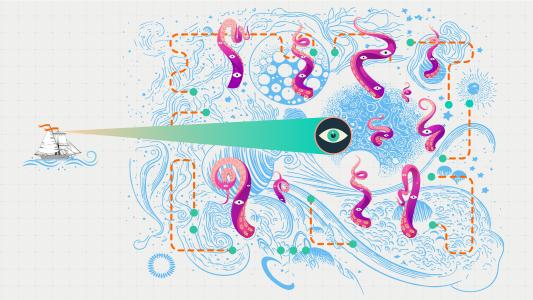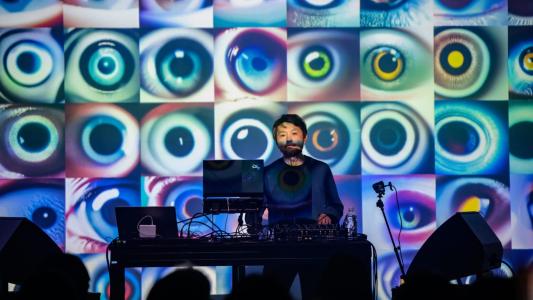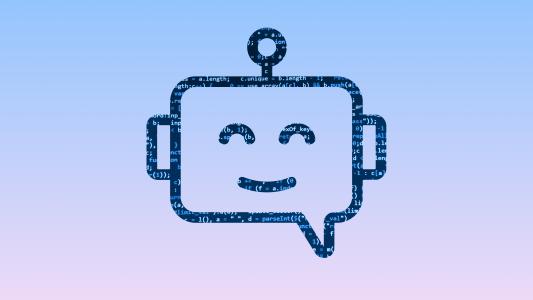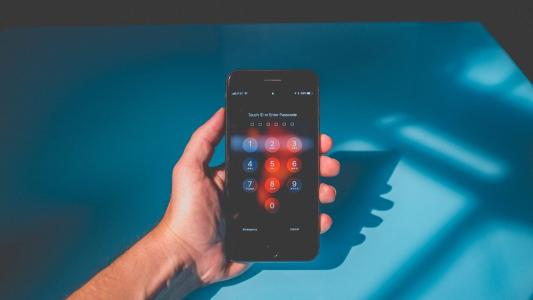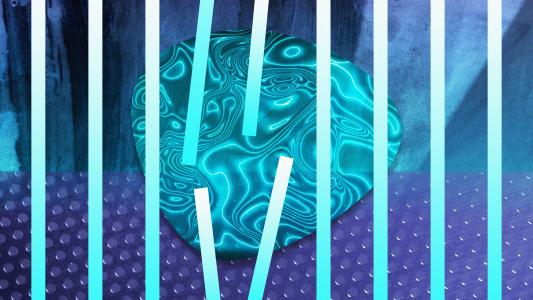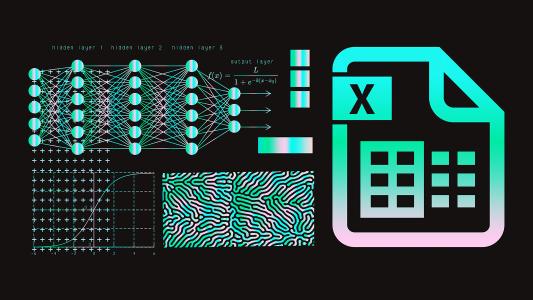Computer Science
4 dangers of artificial intelligence—and why they won’t end the world
AI doomsday fears are vague. This framework for the future of AI offers concrete solutions.
“Please do not assume the worst”: Students want colleges to teach them how to use AI the right way
Students want to work with their communities, universities, and governments to figure out how to engage productively and responsibly with AI.
Supercomputers revealed giant “pillars of heat” funnelling diamonds upwards from deep within Earth
Understanding Earth’s internal history can be used to target mineral reserves – not only diamonds, but also crucial minerals.
MIT breakthrough creates world’s smallest holographic microscope
The world’s smallest holographic microscope foreshadows a future in which smartphones could be used for high-res microscopy.
Idea amplification is the really exciting potential of generative AI
Former OpenAi researcher Kenneth Stanley explores the potential for AI to help us unlock new creativity by turning former dead ends into viable paths forward.
These “AI Artists” don’t want to ape existing art — they want to create something new entirely
We sat down with two prominent AI artists to talk about their projects and their quest to create new genres.
Google chatbot “Bard” can now code in 20 languages
Google has rolled out a suite of coding capabilities for Bard AI in 20 different programming languages.
Why “passkeys” are about to make passwords obsolete
A cybersecurity researcher explains how you can use your phone to make passwords a thing of the past.
How ChatGPT “jailbreakers” are turning off the AI’s safety switch
Through clever prompts, OpenAI's red team and public "jailbreakers" are revealing the holes in GPT-4's guardrails.
Excel may make chatbots much more useful
Math and logic are a weakness for chatbot AIs like GPT-4. Access to Excel may help change that.
